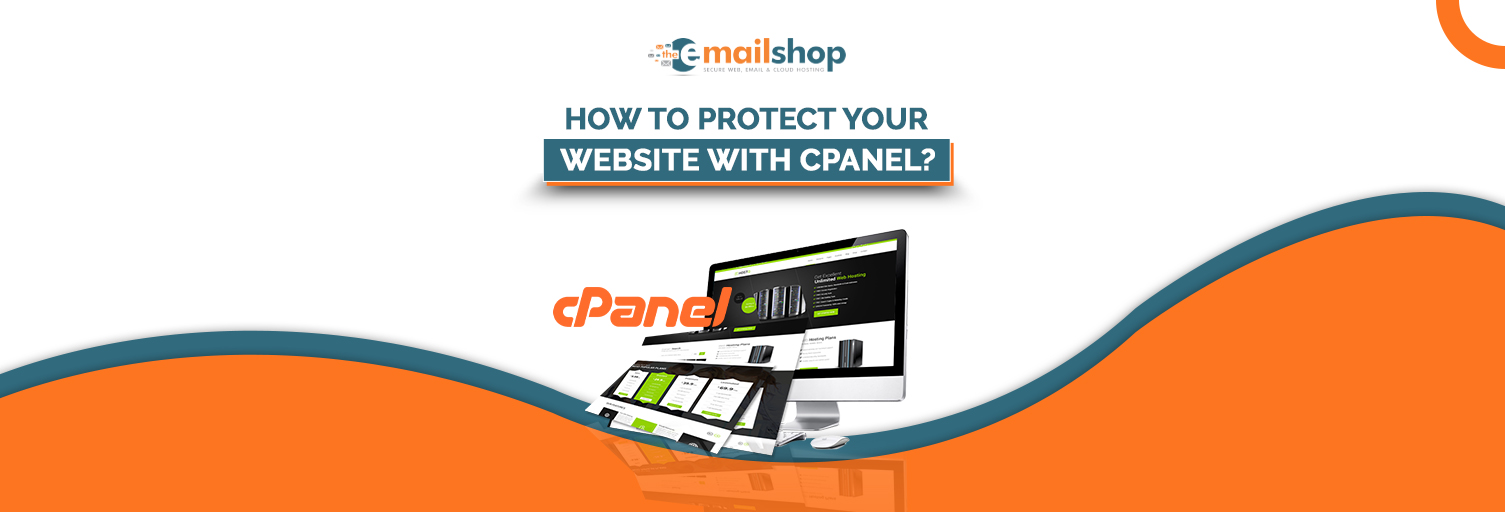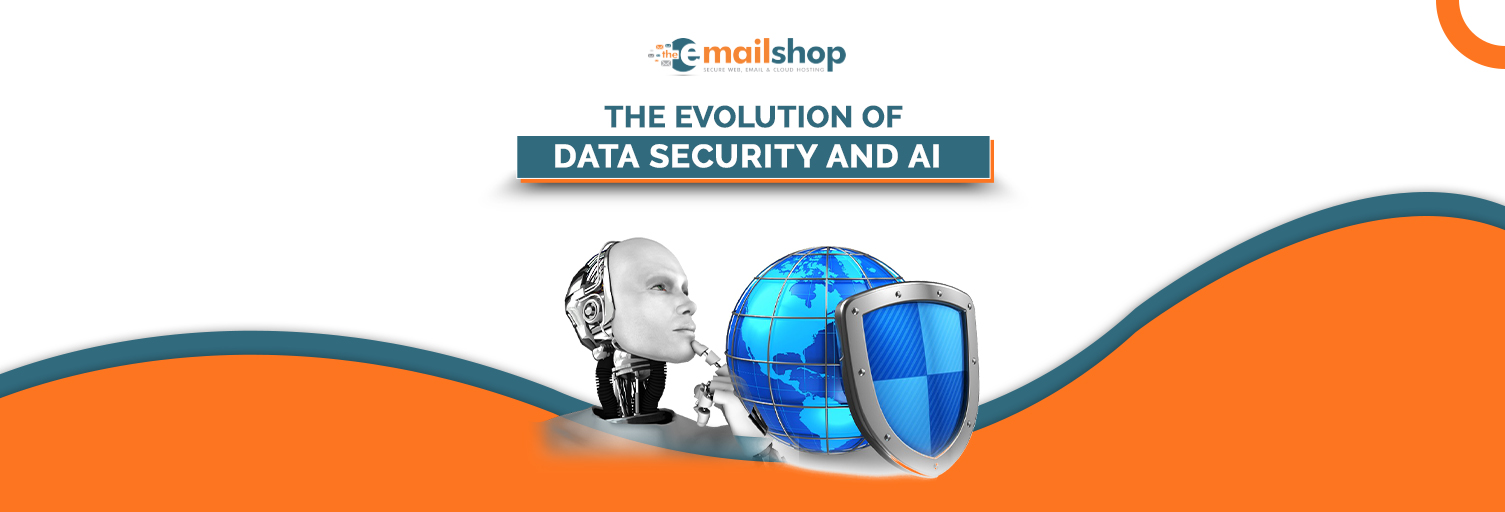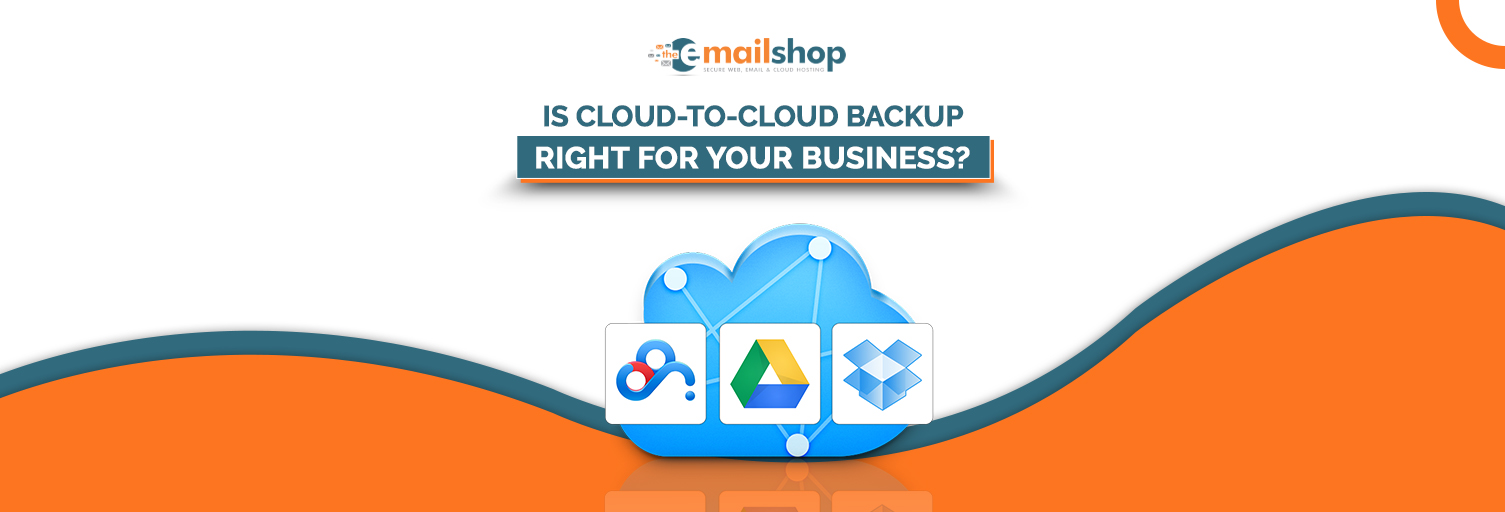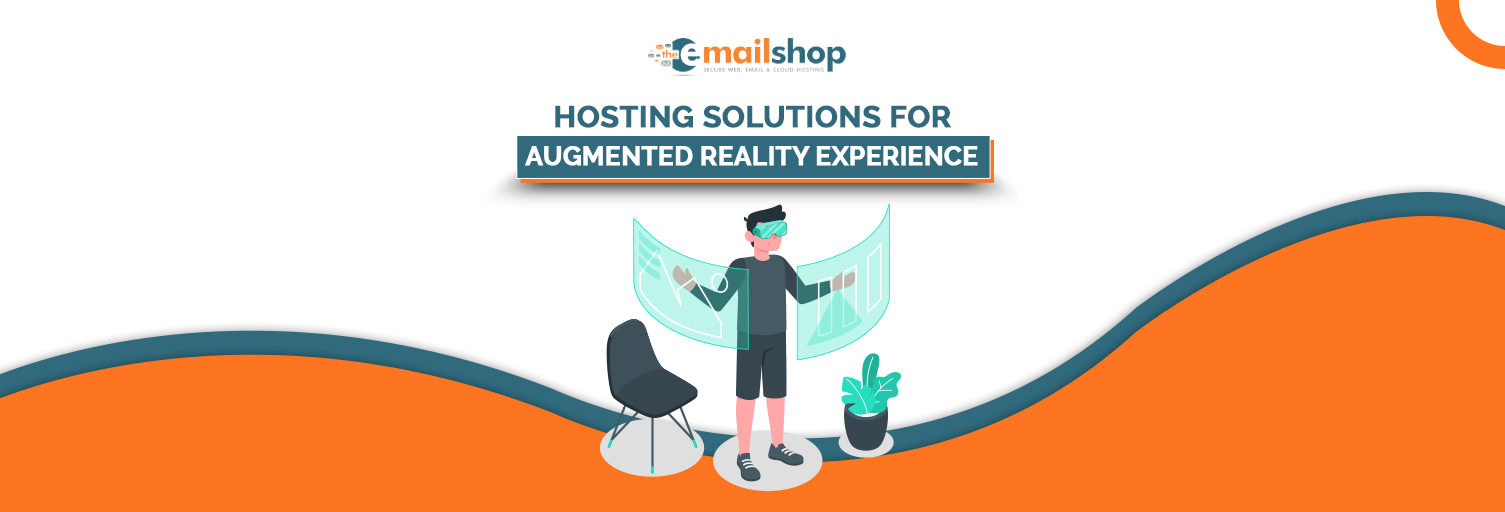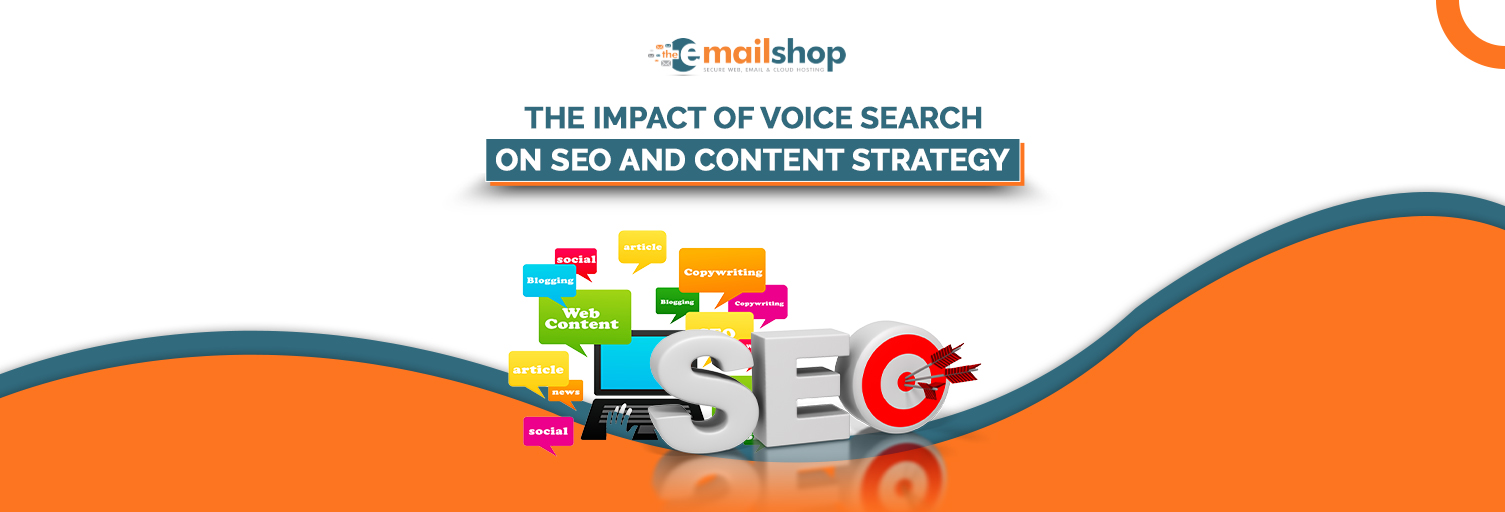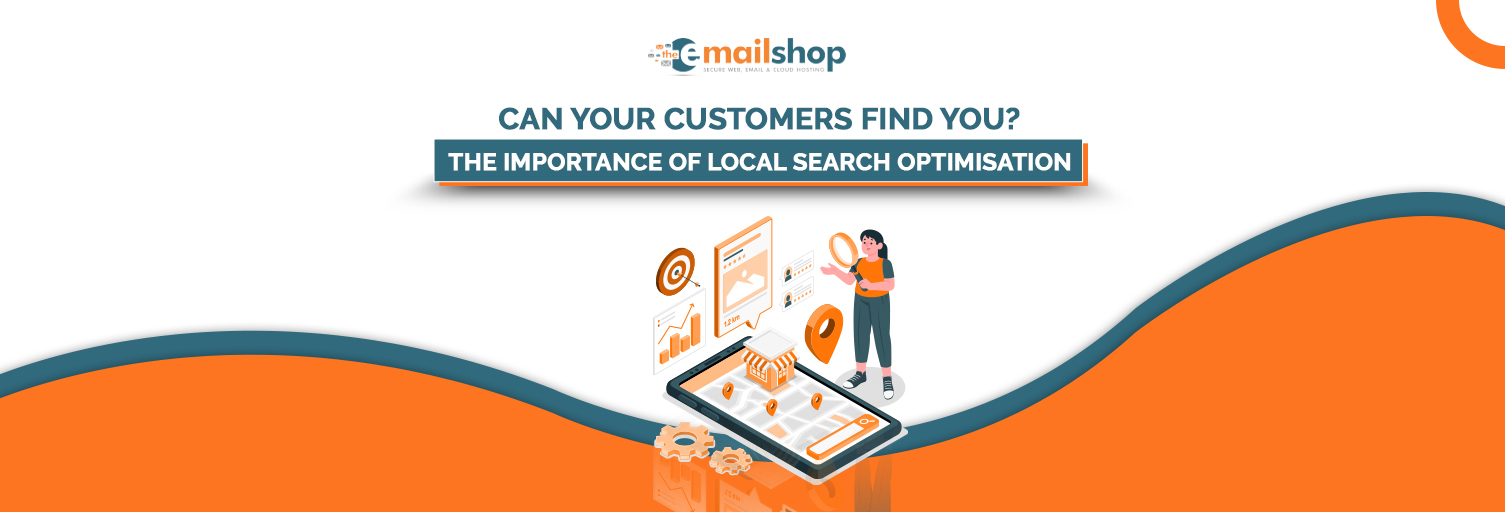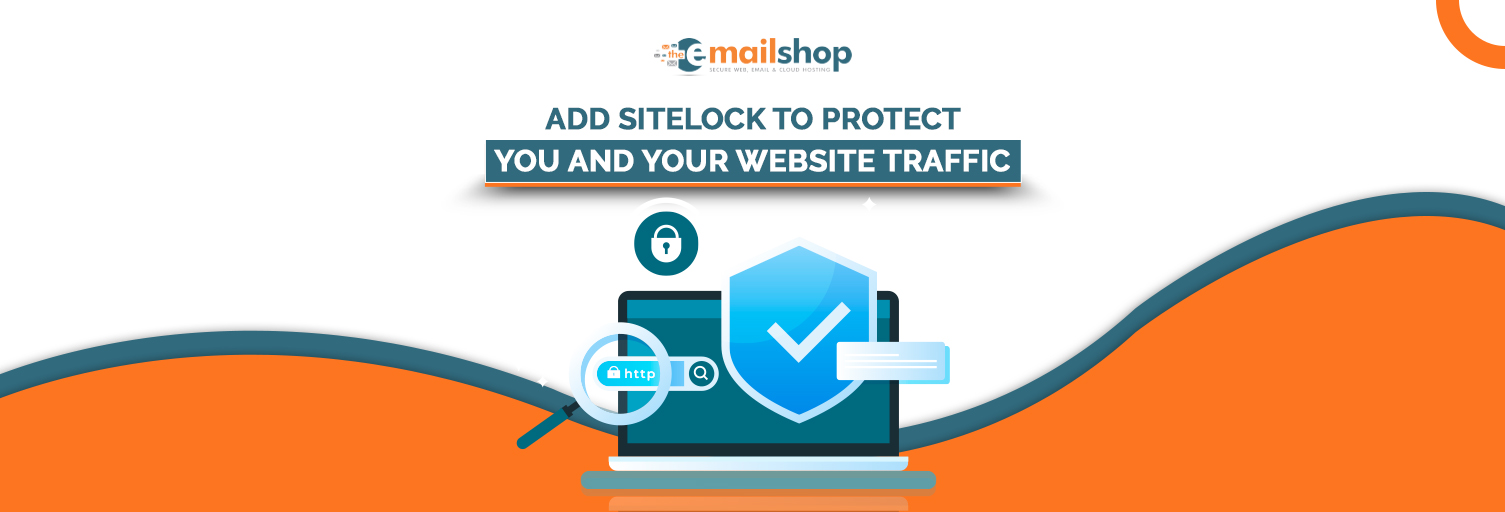Coverage Gaps
- Could include file permission management tips for better security.
- Missing advice on the importance of keeping cPanel updated for ongoing prote.
In the digital age, website security has become one of the top priorities for website owners and administrators. Cyberattacks are becoming more sophisticated, and the need to protect your online assets is more crucial than ever. A reliable and user-friendly way to secure your website is through cPanel website protection, a powerful tool that provides you with the necessary security features to safeguard your website against online threats. This article will walk you through various methods to secure your website with cPanel, highlighting cPanel security features, how to protect website files with cPanel, and leveraging other protective measures such as SSL certificates, firewall settings, malware scanning, and more.
The Importance of Website Security with cPanel
Having a secure website is not just about protecting your data but also about maintaining your reputation and credibility online. Hackers and malicious software can severely damage your website, leading to loss of traffic, trust, and possibly even legal consequences if sensitive information is compromised. Therefore, implementing web hosting security through tools like cPanel is paramount. With cPanel, you gain access to a variety of powerful security features designed to ensure that your website remains safe from malicious attacks and vulnerabilities. By actively protecting your website with these features, you not only prevent potential threats but also provide a safer online experience for your visitors.
Key Ways to Secure Your Website with cPanel
-
SSL Certificates: Adding Layered Security
One of the first steps in securing your website is installing an SSL certificate. An SSL certificate encrypts the data exchanged between your site and its visitors, ensuring that sensitive information like passwords and credit card numbers are protected. SSL (Secure Sockets Layer) has become a vital element for any site, especially for e-commerce and login pages. With cPanel, installing an SSL certificate is seamless, providing a secure connection with https in the URL.
-
Activate Two-Factor Authentication (2FA)
Another way to secure your website with cPanel is by enabling two-factor authentication (2FA). This extra layer of security requires users to verify their identity by entering a code sent to their mobile device or email, in addition to the standard login credentials. By implementing 2FA, you significantly reduce the risk of unauthorized access to your cPanel account and its management tools.
-
Configure Firewall Settings
Proper firewall settings are crucial for blocking malicious traffic before it reaches your site. With cPanel, you can easily manage firewall settings to protect your server from unauthorized access. Tools like CSF (ConfigServer Security & Firewall) can be installed directly through cPanel to create customized firewall rules and prevent hacking attempts, making your server safer from common attacks.
-
Malware Scanning
Regular malware scanning is another key feature of cPanel security features. Malware attacks can compromise your website and steal sensitive information. Using cPanel’s built-in malware scanning tools, you can schedule frequent scans of your files to detect and remove potential threats. This helps in protecting website files in cPanel from harmful software that could damage or alter your content.
-
Password-Protected Directories
To safeguard certain parts of your website, you can set up password-protected directories. cPanel allows you to easily secure specific directories, such as admin panels, ensuring that only authorized users can access them. This is particularly important for parts of your website that contain sensitive data or important functions, keeping unauthorized access at bay.
-
Secure File Manager Usage
The File Manager in cPanel lets you manage your website’s files directly. When using the File Manager, it’s important to follow best practices, such as regularly backing up files, setting correct file permissions, and avoiding uploading suspicious files. With cPanel, you have complete control over your site’s content, allowing you to protect website files in cPanel effectively.
-
Backup Your Website Regularly
Regular backups are essential for recovery in case of a cyber-attack or data breach. With cPanel, you can set up automated backups that allow you to restore your website’s files and database quickly. This ensures that even if your website is compromised, you can restore it to a previous, secure state.
-
Utilize WHM for Advanced Security
For those managing multiple sites, WHM (Web Host Manager) offers advanced features for website protection. Through WHM, you can manage server-wide security settings, configure firewall rules, and access security monitoring tools to keep your server safe from external threats. For those with dedicated hosting, WHM is an indispensable tool for securing multiple websites under one hosting account.
Read More: How VPS Hosting Impacts The Web Development
Final Thoughts
cPanel website protection is a comprehensive solution for securing your website. By leveraging cPanel security features, such as SSL certificates, firewall settings, two-factor authentication, and malware scanning, you can effectively safeguard your website from potential security threats. Regular backups and proper file management using File Manager also play a crucial role in maintaining website integrity. With these tools at your disposal, you can ensure your site remains safe, secure, and protected from cyber threats.

